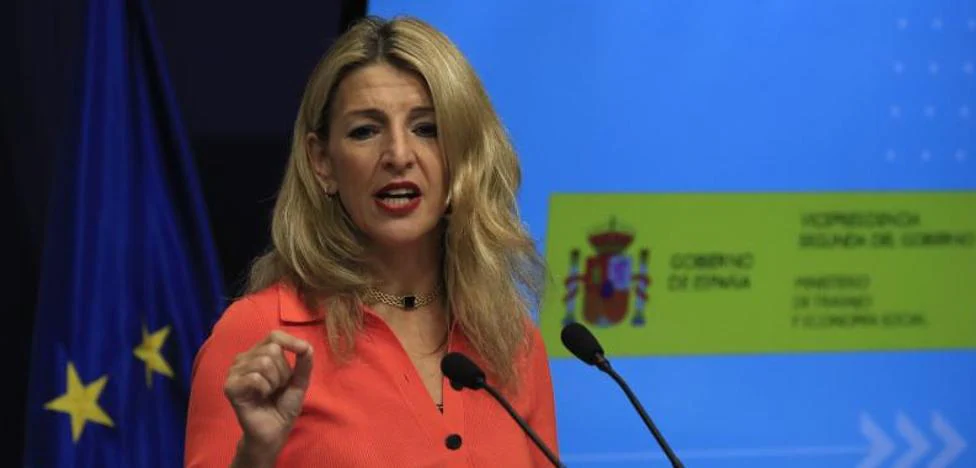Turkey is experiencing the strongest increase in consumer prices in more than 20 years. Compared to the same month last year, they rose by no less than 61.14 percent, the statistics office announced on Monday. The enormously increased energy prices as a result of the conflict in Ukraine also play a role here. President Recep Tayyip Erdogan wants to counter the huge increase with cuts in sales tax.
Economists had even expected inflation of 61.6 percent, while it was around 54 percent in February. They assume that inflation will still exceed 50 percent by the end of the year – not least as a result of the sharp rise in energy prices after the Russian invasion of Ukraine.
The central bank is partly to blame
The Turkish central bank is actually aiming for an inflation rate of five percent, but according to its own forecast it will fall far short of this target in the coming year: the increase should then average 8.2 percent. Inflation has been in double digits for most of the past five years, eating away at Turkey’s incomes and savings.
Experts blame the central bank for the development. Despite the drastic devaluation of the national currency, the lira, it gradually cut its key interest rate from 19.0 percent to 14.0 percent in the second half of 2021. According to most economists, it should do just the opposite, which is to make the home currency more attractive with higher interest rates.
VAT reduced for certain products
The lira has lost about half of its value against the dollar over the past year, fueling inflation. This is because the country, which is poor in raw materials, imports more goods than it exports. Imports are often settled in dollars and other currencies. President Recep Tayyip Erdogan has long held the unusual view that interest rates cause inflation. Last year, he launched a new economic program that prioritizes low interest rates, exports, credit and investment.
To ease the burden on the Turkish population, the president announced that VAT on several products would be reduced. Specifically, certain everyday products, such as cleaning products, toilet paper, napkins and baby diapers, should only be taxed eight percent instead of 18 percent.
Source: Krone
I’m Wayne Wickman, a professional journalist and author for Today Times Live. My specialty is covering global news and current events, offering readers a unique perspective on the world’s most pressing issues. I’m passionate about storytelling and helping people stay informed on the goings-on of our planet.


